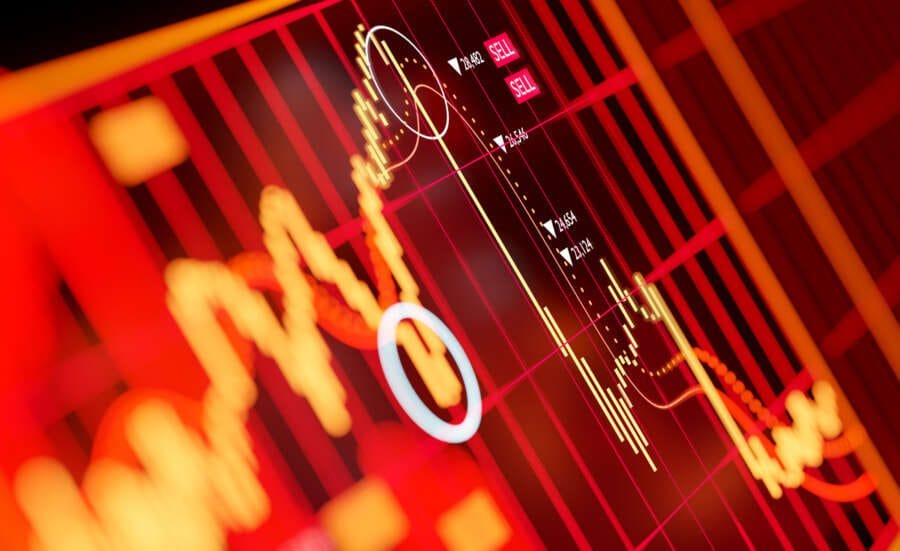
- Market volatility can cause people to cut or even stop their pension contributions.
- Pensions are a long-term strategy and while market dips can be unnerving, they are part of the normal function of the market
- Someone retiring today at age 65 will have experienced a lot of market disruption during their working life. Some examples include the bursting of the tech bubble in 2000, the Global Financial Crisis, the aftermath of 9/11 and huge volatility brought about by the COVID pandemic.
- HL analysis shows someone starting their pension contributions today and having the same stock market experience could retire with a pension worth £918,000 if they contribute regularly between the ages of 22 and 65.
Helen Morrissey, senior pensions and retirement analyst at Hargreaves Lansdown:
“Market volatility is unnerving and it’s common for people to think about reducing, or even stopping their contributions when they see their pension value take a tumble. However, in difficult times, it’s worth remembering what goes down comes back up, and if you stick with it in tough times, you could actually benefit from the impact of short-term fluctuations.
Continuing your contributions means that when the market recovers from a downturn, not only will your fund recover, but it can also benefit. By paying into your pension regularly, it means you pay in when markets are lower, when your money goes further and buys more units. It means you stand to gain even more from the recovery.
If you stop, or reduce, your contributions you won’t benefit from the downturn. There is also the concern that if you reduce your contributions during difficult times you don’t remember to increase them again, which can damage your pension prospects. Pensions are a long-term game and so wherever possible try not to be swayed by short-term market movements.
Someone who has retired recently will have gone through a series of market corrections during their working life. Examples include the recession in the early 80s and the bursting of the tech bubble in the early part of the century. The impact of the September 11 bombings soon gave way to the huge market swings we saw during the Great Financial crisis in 2008. After recovering from the historic market lows of the pandemic the current situation between the Ukraine and Russia is the latest issue to cause fluctuations in the FTSE.
Having a well-diversified portfolio is vital to dealing with market volatility as when some assets fall in value others will rise so you should be cushioned from the worst effects. Pension default funds are designed to be diverse so if you have not chosen your own investments then you are likely invested in one of these.
While all this upheaval is nerve-wracking, continuing to contribute to your pension throughout means your fund recovers more quickly and can really benefit from long-term investment gains. We have analysed numbers that show if someone started contributing to their pension today and went through the same investment journey as the last 40 years, they would still end up with a pension of more than £918,000 by the time they come to retire.* That is a sum able to deliver a decent retirement for most people and shows it’s well worth weathering the storms of stock market volatility over the long term.”
Table: Value of pension if someone starting their pension journey today had the same investment experience as someone retiring at the age of 65.
| Years | Notable events that happened during this time | Value of Pension at end of this period |
| Dec 1977-Dec 1982 |
|
£13,695 |
| Dec 1982 – Dec 1987 |
|
£39,619 |
| Dec 1987 -Dec 1992 |
|
£102,520 |
| Dec 1992 – Dec 1997 |
|
£246,060 |
| Dec 1997 – Dec 2002 |
|
£220,636 |
| Dec 2002 – Dec 2007 |
|
£445,691 |
| Dec 2007 – Dec 2012 |
|
£506,212 |
| Dec 2012 – Dec 2017 |
|
£810,497 |
| Dec 2017 – Dec 2021 |
|
£918,621 |
*Someone on a starting salary of £25,000 contributing 8% of salary between the ages of 22 and 65. We used annualised returns data from FTSE100 between 1978 and 2021 and wage growth of 2% per year.


